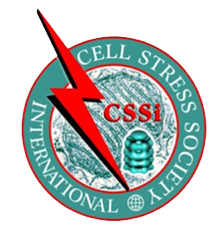

Cell and Developmental Biology (CDB) provides broad training in fundamental areas of cell biology, embryonic development, and regenerative biology, and students may pursue research leading to a Master's or PhD degree. Students interested in careers in the biotechnology and pharmaceutical industries may also pursue an MS degree in Applied Biochemistry and Cell Biology in the Professional Master’s Program.
Research in CDB includes investigations at the fundamental, applied, and translational levels of cell and developmental biology. Consequently, our research programs are multidisciplinary in nature and incorporate extensions into all of the other areas of interest in MCB. Research topics include regulation and biomechanics of cell motility, cytoskeletal dynamics, cell stress responses, host-pathogen interactions, transcriptional mechanisms that regulate development and regeneration, immune cell signaling and discovery of immunomodulatory small molecules, stem cell biology, and animal models of disease.
WHO WE ARE
CONTACT US
David Goldhamer, Program Head
860-486-8337
david.goldhamer@uconn.edu
